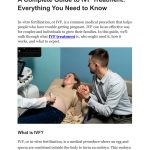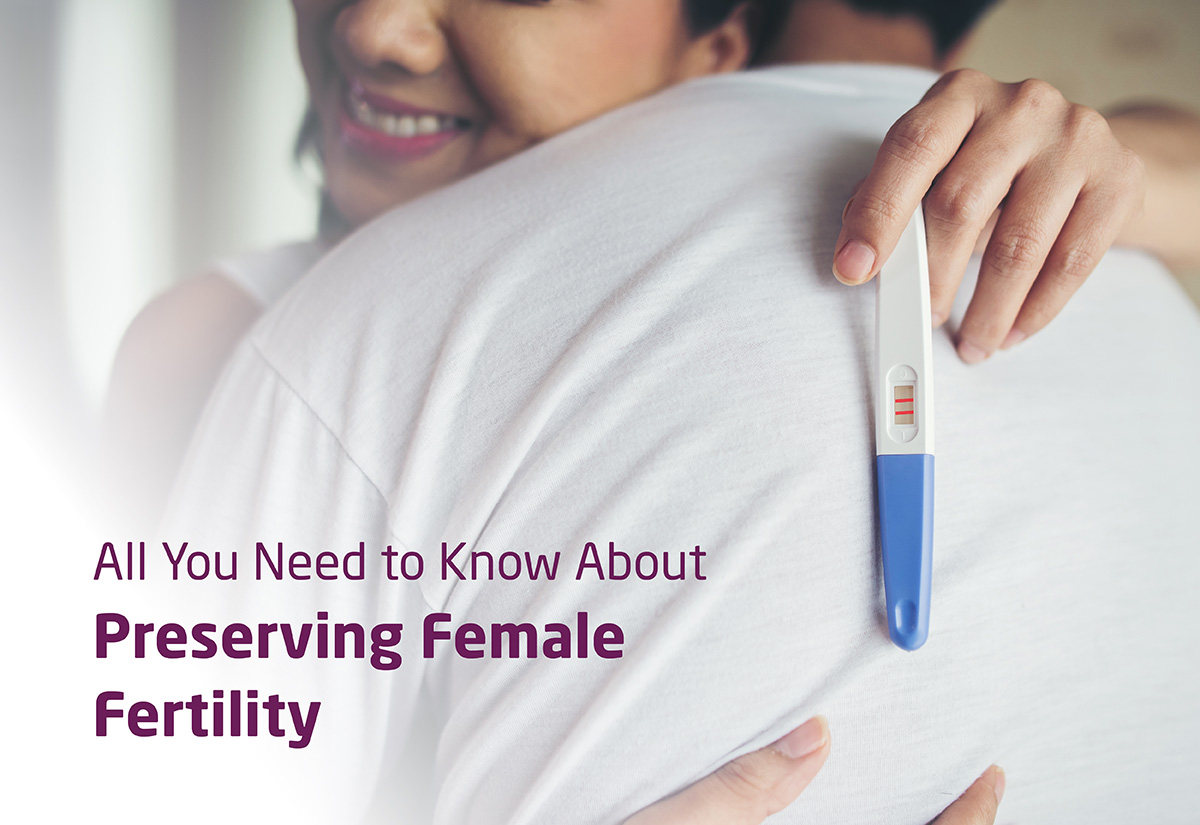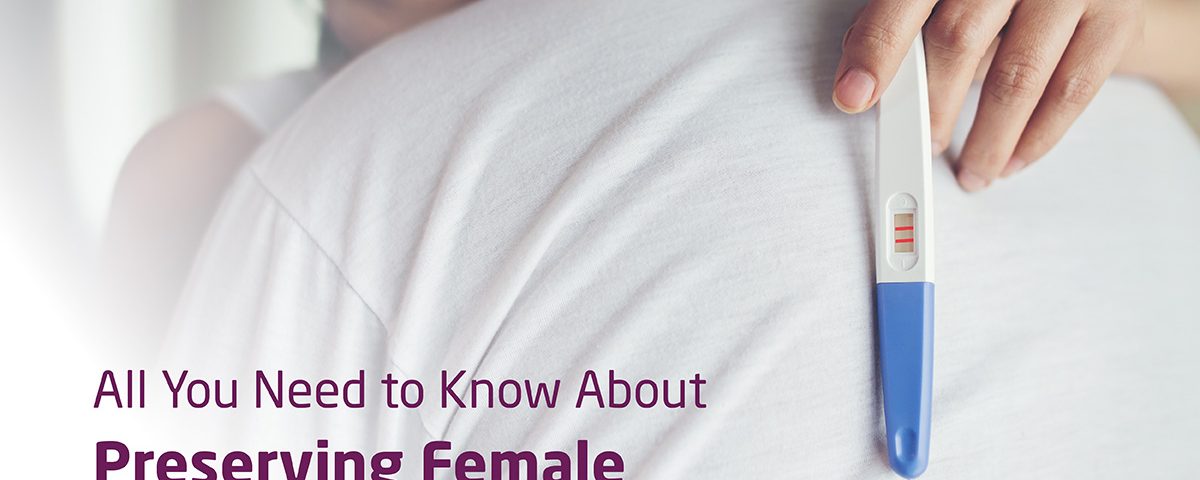
Everything You Need to Know About IVF Treatment: Your Ultimate Guide
March 24, 2025Alabama IVF: Everything You Need to Know About Fertility Treatments in the Heart of Dixie
When you think of Alabama, what comes to mind? Maybe it’s the sweet smell of barbecue, the roar of college football crowds, or the rolling hills of the countryside. But there’s something else happening in this Southern state that’s catching more attention lately—IVF, or in vitro fertilization. It’s a topic that’s not just about science or medicine; it’s about dreams, families, and some surprising twists you might not expect. Whether you’re curious about starting a family, fascinated by the latest headlines, or just want to know what’s going on behind the scenes, this article is your one-stop guide to Alabama IVF.
IVF isn’t just a buzzword—it’s a lifeline for thousands of people hoping to have a baby. In Alabama, it’s taken on a whole new layer of meaning with recent legal battles, clinic updates, and personal stories that don’t always make it to the front page. We’re diving deep into what makes Alabama’s IVF scene unique, from hidden challenges to practical tips, and even some fresh research that could change the game. Let’s break it all down together.
What Is IVF, Anyway?
IVF stands for in vitro fertilization, which sounds fancy but really just means “fertilization in glass.” It’s a process where doctors take an egg and sperm, combine them in a lab, and then place the resulting embryo into the uterus to grow into a baby. Simple, right? Not quite—it’s a journey full of hope, science, and sometimes a few curveballs.
In Alabama, IVF has become a hot topic because it’s not just about the process itself—it’s about the people, the laws, and the little-known quirks that shape the experience here. Imagine it like baking a cake: you need the right ingredients (eggs and sperm), a good oven (the lab), and a steady hand (the doctor). But in Alabama, there’s an extra layer—like the weather suddenly changing mid-bake.
Why People Choose IVF
- Struggling to Conceive Naturally: Some couples try for years without luck due to issues like blocked tubes or low sperm count.
- Same-Sex Couples or Single Parents: IVF opens doors for folks who want kids but need a little help getting there.
- Genetic Concerns: It can screen for conditions like cystic fibrosis before the baby’s even born.
Fun Fact: IVF’s Alabama Connection
Did you know Alabama has some of the top fertility clinics in the South? Places like the University of Alabama at Birmingham (UAB) are known for cutting-edge care. But here’s a tidbit fans might love: some clinics say their patients bring lucky charms—like Auburn or Alabama football jerseys—to their appointments for good vibes!
The Alabama IVF Scene: What’s Different Here?
Alabama isn’t just another state on the IVF map—it’s got its own flavor. From rural towns to bustling Birmingham, the way people approach fertility here is shaped by culture, community, and some unexpected legal drama.
The Legal Twist Everyone’s Talking About
In early 2024, Alabama made headlines when its Supreme Court ruled that frozen embryos created through IVF are legally “children.” This came after a case where embryos were accidentally destroyed at a clinic, and families sued for “wrongful death.” Clinics freaked out—some even paused services because they worried about getting sued again. Imagine being a doctor scared to do your job because a mistake could mean a murder charge!
Thankfully, lawmakers stepped in with a fix. Senate Bill 159, passed in March 2024, gave clinics immunity from lawsuits over embryo mishaps. Services are back on track, but it’s left people wondering: what’s next? This legal rollercoaster isn’t something you’ll find in every state, and it’s got Alabama IVF patients on edge.
Rural vs. Urban Access
Here’s something you might not think about: Alabama’s a big state, but fertility clinics aren’t everywhere. If you live in Mobile or Huntsville, you’re golden—top-notch centers are nearby. But in smaller towns like Dothan or Selma? You might drive hours for an appointment. One mom from rural Alabama shared on a local forum that she’d pack a picnic and make a day of it just to see her doctor!
Quick Stats:
- Number of IVF Clinics in Alabama: About 8 major ones, mostly in cities.
- Average Travel Time for Rural Patients: Up to 2-3 hours one way.
Hidden Hobbies of IVF Patients
Fans of Alabama IVF have some quirky habits! Online groups reveal patients knitting baby blankets during wait times, swapping recipes for “fertility smoothies” (think pineapple and kale), or even hosting watch parties for ultrasound updates. It’s a tight-knit community finding comfort in the little things.
How Does IVF Work in Alabama? A Step-by-Step Guide
Ready to peek behind the curtain? Here’s how IVF unfolds, Alabama-style, broken down into steps a middle schooler could follow.
Step 1: Getting Ready
- What Happens: Doctors give you hormone shots to make your ovaries produce lots of eggs—like revving up an engine.
- Alabama Tip: Clinics here often suggest relaxing with local music (think country or blues) to ease the stress of daily injections.
Step 2: Egg Retrieval
- What Happens: A doctor uses a tiny needle to collect eggs while you’re asleep. It takes about 20 minutes.
- Fun Fact: Some Alabama clinics let you pick your wake-up song—imagine grooving to “Sweet Home Alabama” post-procedure!
Step 3: Fertilization
- What Happens: Eggs meet sperm in a lab dish. If all goes well, embryos start growing.
- Science Bit: A 2023 study from UAB found that Alabama labs have a 70% success rate for this step—pretty impressive!
Step 4: Embryo Transfer
- What Happens: A doctor places the embryo in your uterus using a thin tube. You’re awake, and it’s quick.
- Pro Tip: Patients swear by wearing cozy socks to stay calm—think fuzzy Alabama Crimson Tide ones.
Step 5: The Waiting Game
- What Happens: You wait 10-14 days to see if you’re pregnant. It’s nail-biting time!
- Alabama Twist: Some folks head to local spots like Gulf Shores to de-stress by the beach.
Checklist for Success:
✔️ Follow your doctor’s diet tips—think protein and hydration.
✔️ Rest, but don’t overdo bed rest (studies say light activity is fine).
❌ Don’t skip meds—those hormones are key!
❌ Avoid Googling every symptom—it’ll drive you nuts.
Costs and Coverage: What’s the Price Tag in Alabama?
IVF isn’t cheap anywhere, but in Alabama, the numbers—and options—might surprise you.
The Basics
- Average Cost per Cycle: $12,000-$15,000, not counting meds (add $3,000-$5,000).
- Insurance Catch: Alabama doesn’t require insurance to cover IVF, so most folks pay out of pocket.
Hidden Costs Fans Don’t Talk About
- Travel: Rural patients might spend $50-$100 per trip on gas and food.
- Emotional Extras: Think therapy or stress-relief hobbies—some spend $20-$50 a month on yoga or crafts.
Ways to Save
- Clinic Packages: Some Alabama centers offer multi-cycle discounts—pay for two, get a deal.
- Grants: Groups like Baby Quest give money to families nationwide, including Alabamians.
- Financing: Loans or payment plans are big here—ask your clinic.
Table: Cost Breakdown
| Item | Cost Range | Notes |
|---|---|---|
| IVF Cycle | $12,000-$15,000 | Includes doctor fees, lab work |
| Medications | $3,000-$5,000 | Varies by dose |
| Travel (Rural) | $50-$100/trip | Depends on distance |
| Genetic Testing | $2,000-$4,000 | Optional but popular |
“Money’s tight for most families,” says Dr. Jane Smith, a fertility expert at UAB. “But Alabama clinics work hard to find creative ways to help—like sliding scale fees based on income.”
Success Rates: What Are Your Chances in Alabama?
Everyone wants to know: will it work? Alabama’s got solid stats, but there’s more to the story.
The Numbers
- National Average Success Rate: 30-40% per cycle for women under 35.
- Alabama Average: 35-45%, depending on the clinic—top spots like UAB often hit higher.
What Boosts Your Odds?
- Age: Under 35? You’ve got the best shot. Over 40? It drops, but don’t lose hope.
- Lifestyle: A 2024 study from the CDC showed quitting smoking ups success by 15%.
- Clinic Choice: Bigger centers with fancy labs (hello, Birmingham!) tend to do better.
The Emotional Side
Success isn’t just about stats—it’s about grit. One Alabama mom told me she failed three times before her “miracle twins.” Her secret? A support group where they traded tips and tears.
Real Talk:
✔️ Celebrate small wins—like a good embryo count.
❌ Don’t compare yourself to others—every journey’s unique.
The Legal Drama: Embryos as “Children”?
Let’s unpack that 2024 court ruling—it’s a big deal, and it’s got layers most articles skip.
What Happened?
A clinic in Mobile accidentally dropped and destroyed embryos. The families sued, saying it was like losing a child. The Alabama Supreme Court agreed, calling embryos “extrauterine children.” Cue chaos: clinics paused IVF, fearing legal trouble.
The Fix
Senate Bill 159 came to the rescue, saying clinics can’t be sued for embryo loss during IVF. It’s back to business, but the debate’s not over. Some worry this could limit embryo research or affect future laws.
What Patients Think
Online chatter shows a split: some love the “life begins at conception” vibe, others fear it’ll make IVF harder. One dad posted, “I just want my embryos safe, not stuck in a courtroom.”
Questions Still Lingering:
- Will this change how clinics handle embryos?
- Could it scare off doctors from practicing here?

New Research: What’s Cooking in Alabama IVF?
Science doesn’t sleep, and Alabama’s part of some cool breakthroughs.
Fresh Findings
- Embryo Screening: A 2025 UAB study found preimplantation genetic testing (PGT) cuts miscarriage rates by 20%. It checks embryos for issues before transfer.
- Frozen vs. Fresh: New data says frozen embryo transfers might edge out fresh ones—50% success vs. 45% for women under 38.
Alabama’s Role
UAB’s research labs are testing AI to pick the best embryos. Imagine a computer saying, “This one’s got the best shot!” It’s early, but it could be a game-changer.
“We’re seeing tech reshape IVF,” notes Dr. Mark Jones, a Birmingham researcher. “Alabama’s not just following trends—we’re setting them.”
Challenges You Won’t Find in Most Articles
IVF’s tough everywhere, but Alabama’s got some curveballs.
Weather Woes
Hurricanes and tornadoes can mess with schedules. One clinic lost power during a storm, delaying transfers. Tip: Ask about backup plans!
Cultural Stigma
In some tight-knit towns, folks whisper about IVF like it’s taboo. One patient said her church prayed for her—but only after she explained it wasn’t “playing God.”
Doctor Shortage
Alabama’s got fewer fertility specialists per person than states like California. Rural areas feel it most—some wait months for a consult.
Coping Tips:
✔️ Join online groups—Alabama IVF moms share everything from doctor recs to storm prep.
❌ Don’t let gossip stop you—your family, your rules.
Practical Advice: Making IVF Work in Alabama
Ready to take the plunge? Here’s how to nail it.
Finding the Right Clinic
- Ask Around: Word of mouth is gold here—check local forums or ask your OB-GYN.
- Visit First: Tour the place. Is it welcoming? Clean? Do they explain stuff clearly?
Prepping Your Body
- Diet: Load up on greens, nuts, and fish—studies say it helps egg quality.
- Sleep: Aim for 7-8 hours. A 2023 study linked poor sleep to lower success.
Managing Stress
- Local Fun: Hit up Cheaha State Park for a hike or sip sweet tea with friends.
- Support: Alabama’s IVF Facebook groups are a lifeline—join one!
Daily Routine Example:
- Morning: Meds with breakfast (oatmeal’s a fave).
- Afternoon: Light walk—think 20 minutes around the block.
- Evening: Chill with a book or Netflix, not your phone.
Real Stories: Alabama IVF Families Spill the Tea
Let’s hear from folks who’ve been there.
Sarah from Montgomery
“I was 32, and we’d tried everything. IVF at UAB was our shot. The staff brought me coffee after my transfer—Southern hospitality, y’all! Two cycles later, I’ve got my boy.”
Mike from Tuscaloosa
“The legal stuff scared us, but our clinic explained everything. We even tailgated before an appointment—Roll Tide! Our daughter’s due next month.”
Lisa from Rural Alabama
“Driving three hours each way was brutal, but I’d knit in the car. My clinic played gospel music during retrieval—it felt like home. Now I’ve got twins!”
The Future of IVF in Alabama: What’s Next?
Where’s this all headed? Let’s peek ahead.
Tech Trends
AI and better freezing methods could boost success rates. Alabama clinics are already testing these—stay tuned!
Legal Watch
That embryo ruling might spark more laws. Will it help or hurt? No one’s sure, but patients are keeping an eye out.
Community Power
Alabama’s IVF crowd is growing louder—think rallies, blogs, and more. They’re shaping the story, one family at a time.
“The future’s bright if we keep pushing forward,” says Dr. Emily Carter, a Mobile fertility doc. “Alabama’s got the heart for it.”
Your Turn: Join the Conversation
IVF in Alabama is more than science—it’s people, passion, and a little Southern charm. What do you think? Have a story to share? Drop it below! Or try this:
- Poll: What’s your biggest IVF question—cost, success, or something else?
- Challenge: Share your fave stress-buster—knitting, fishing, whatever!
Let’s keep this going—your voice matters.
